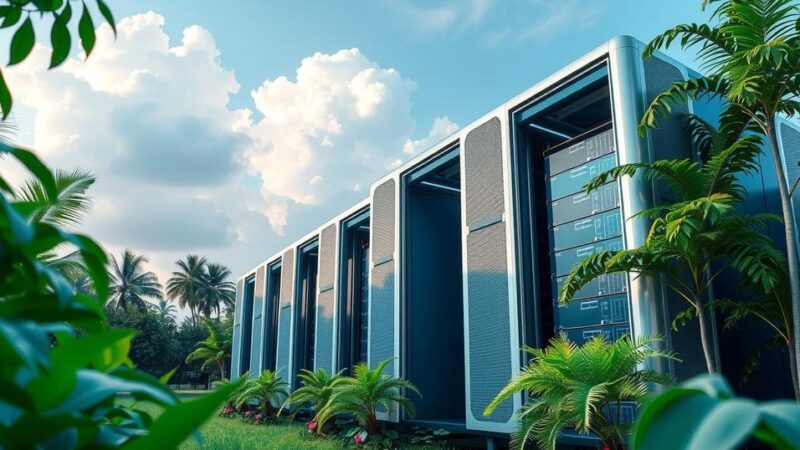Starlink gains approval to initiate trial internet services in Vietnam until 2030 with a cap of 600,000 subscribers. Meanwhile, Tesla enhances its Cybertruck’s steering system, and Rivian’s spinoff, Also, raises $105M for micro EV production. The Financial Times retracts allegations against Tesla regarding accounting practices, reflecting the volatility in media coverage of tech companies.
Starlink has received approval from the Vietnamese government to commence its internet services in Vietnam on a trial basis lasting until December 2030. This agreement allows for a subscriber limit of 600,000 during the trial, enabling SpaceX to provide both fixed and mobile Starlink internet services, as well as aviation plans throughout the nation. While there are no restrictions on foreign ownership, it remains unclear whether SpaceX has formally requested a license to activate its services in the region.
In contrast to Vietnam’s proactive stance, Italy has reportedly paused discussions regarding a potential Starlink internet service deal with SpaceX. Italian Defense Minister Guido Crosetto indicated that the negotiations have halted due to controversies surrounding Elon Musk, who is a central figure for the venture. Italy was previously considering a substantial $1.6 billion contract over five years for Starlink services.
Furthermore, SpaceX is actively pursuing regulatory approval to launch Starlink services in India as it has already entered into agreements with top telecom companies in the country. In addition, improvements on the Starlink service are on the horizon, including the introduction of a new dish capable of delivering gigabit speeds.
In related news, Tesla has announced enhancements to its unique Steer-by-Wire system featured in the Cybertruck. Unlike traditional electric steering systems, this technology allows for a more responsive driving experience by translating steering wheel movements directly to wheel direction. The upcoming software update in version 2025.8.4 will provide improved feedback based on road conditions, contributing to a more engaging and safer driving experience.
Meanwhile, Rivian has officially spun off its micro electric vehicle initiative, now branded as Also, which received $105 million in funding. This separate entity focuses on the development of compact electric vehicles by repurposing Rivian’s existing technology. Rivian’s CEO RJ Scaringe remarked on the innovative capabilities being explored in smaller vehicle formats, with plans to introduce new designs by the end of 2023. Also aims to produce its first models by 2026 for markets in the U.S., Europe, and beyond.
Lastly, the Financial Times has issued a retraction on allegations concerning Tesla’s accounting practices. After face criticism for its earlier report suggesting discrepancies in Tesla’s financial disclosures, the publication acknowledged elements that could explain the original findings. Tesla’s CEO Elon Musk humorously remarked on the matter, stating, “Turns out FT can’t do finance.” This retraction has been influential in addressing the prior narratives propagated by various media outlets.
The recent developments highlight significant advancements for SpaceX’s Starlink as it ventures into Vietnam, contrasting sharply with Italy’s halted negotiations. Tesla continues to innovate with its Cybertruck’s unique steering system while Rivian’s new venture, Also, is set to make waves in small electric vehicle markets. Furthermore, the Financial Times’ retraction reinforces the importance of accuracy in financial journalism, illustrating the dynamic interactions between regulatory frameworks, tech advancements, and public perception in the automotive and space industries.
Original Source: www.teslarati.com






